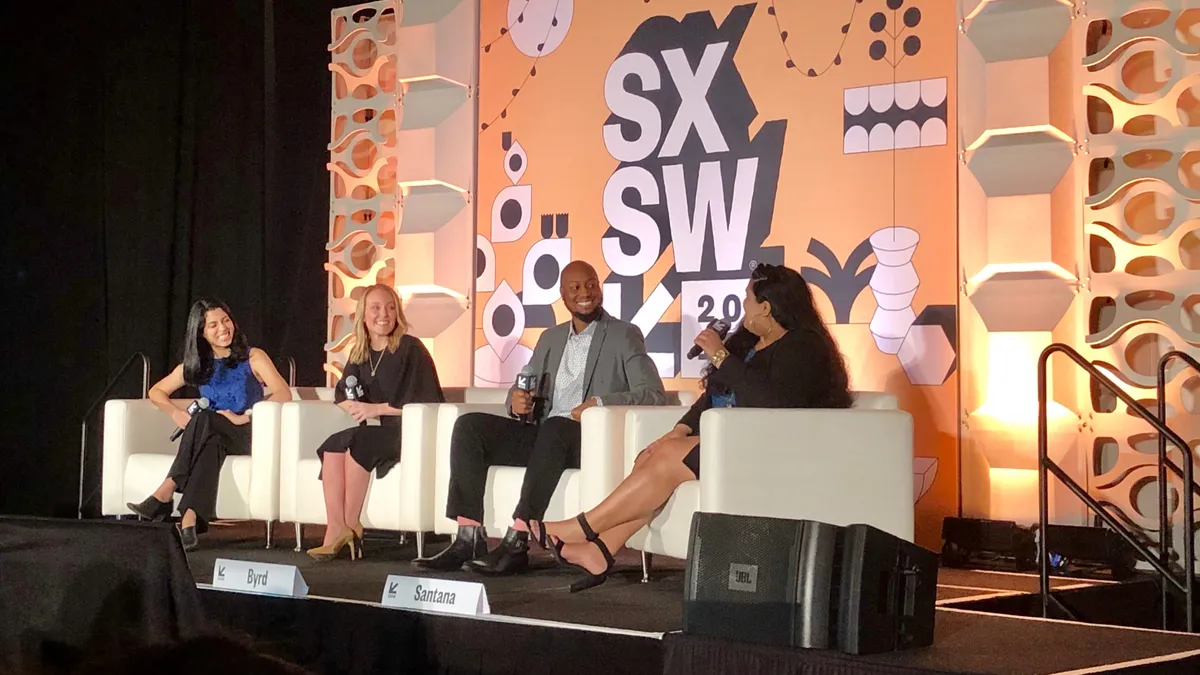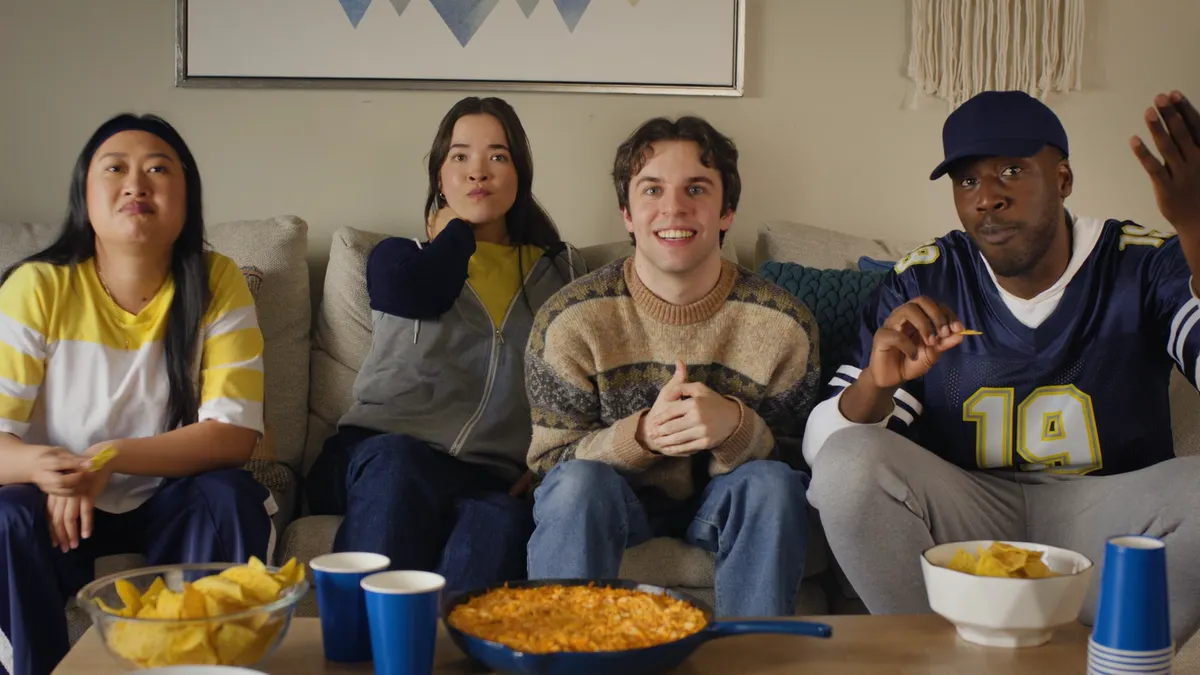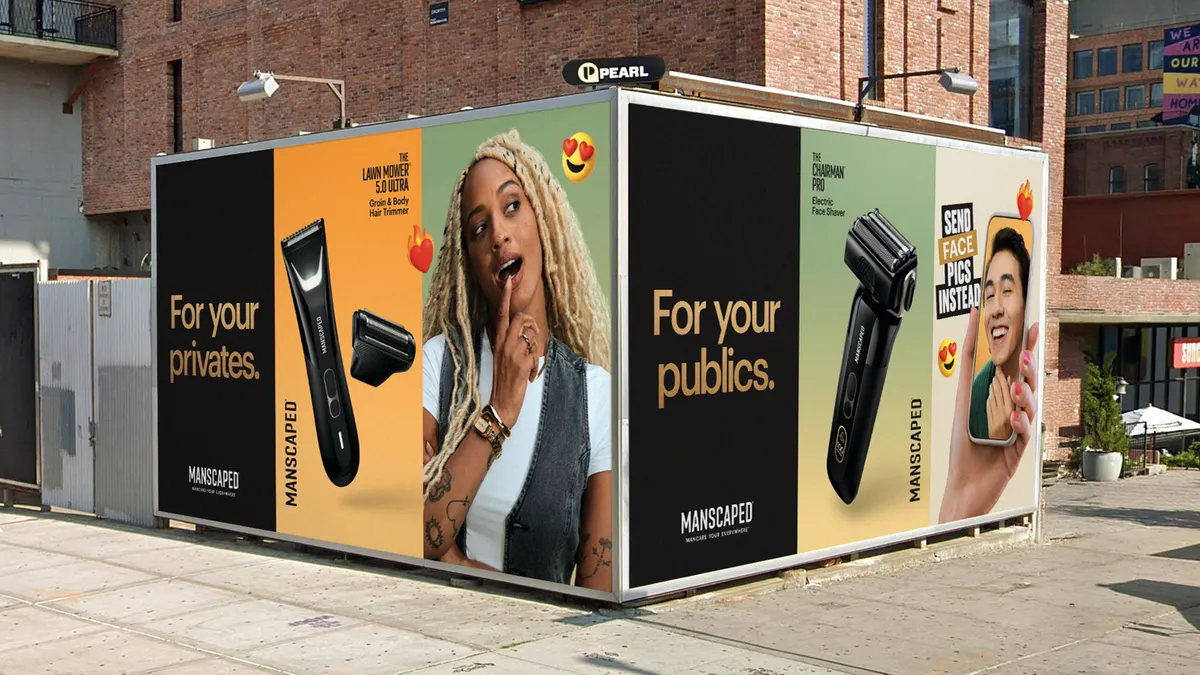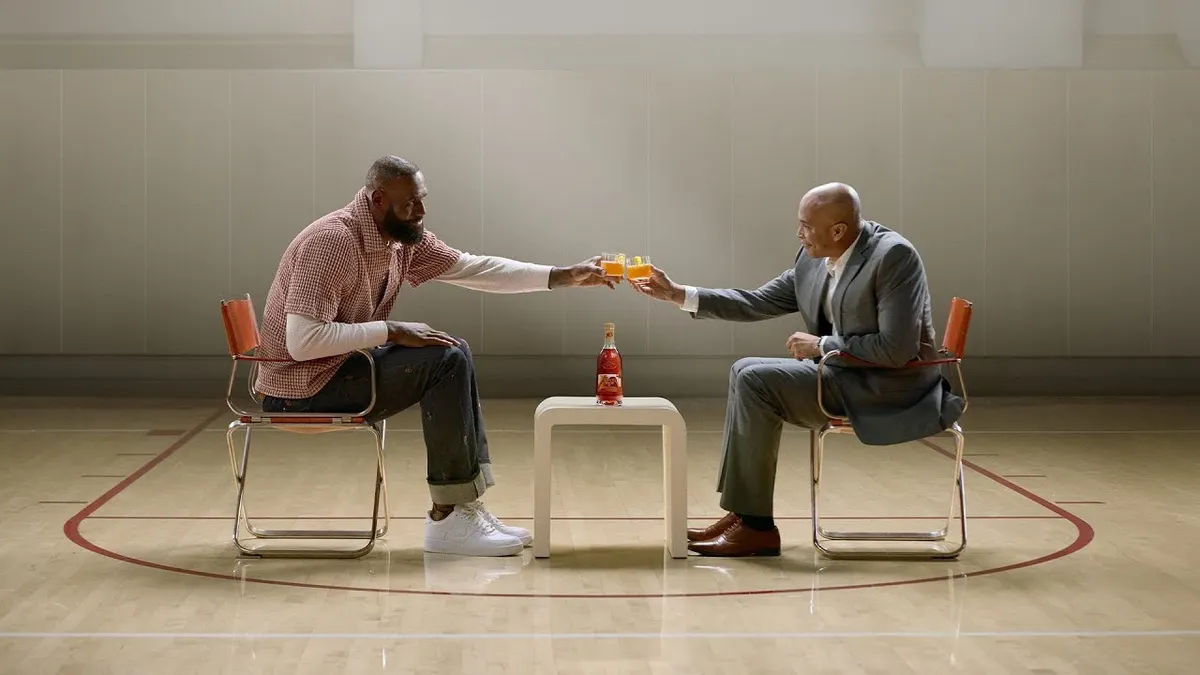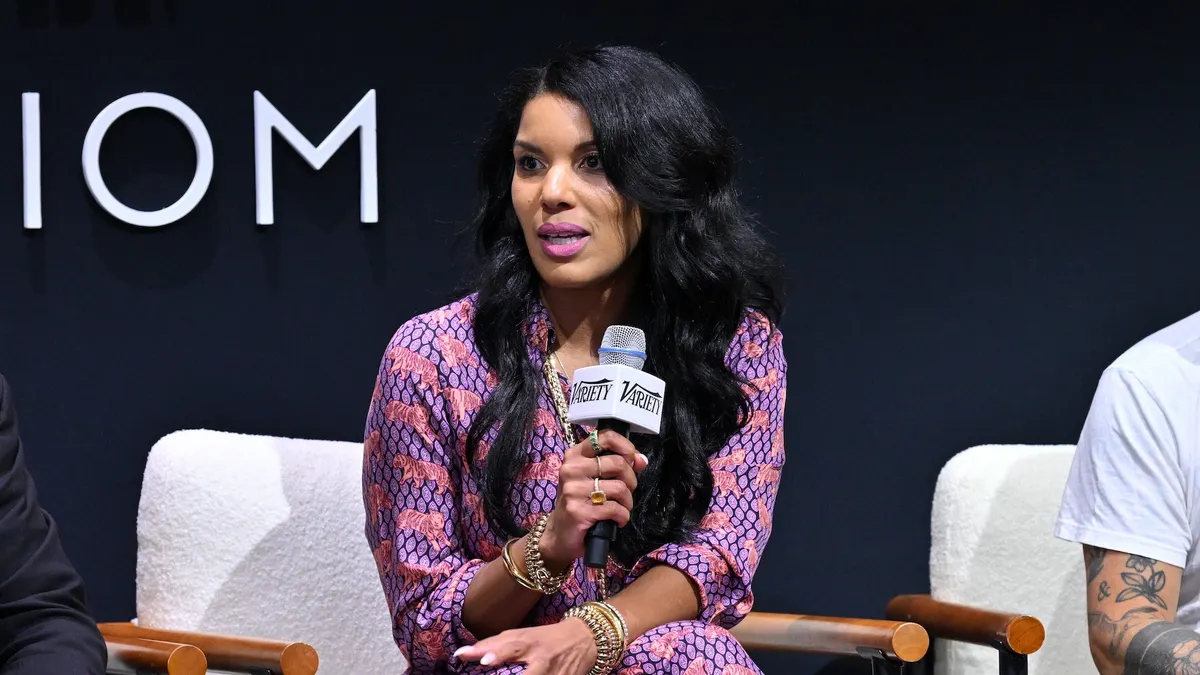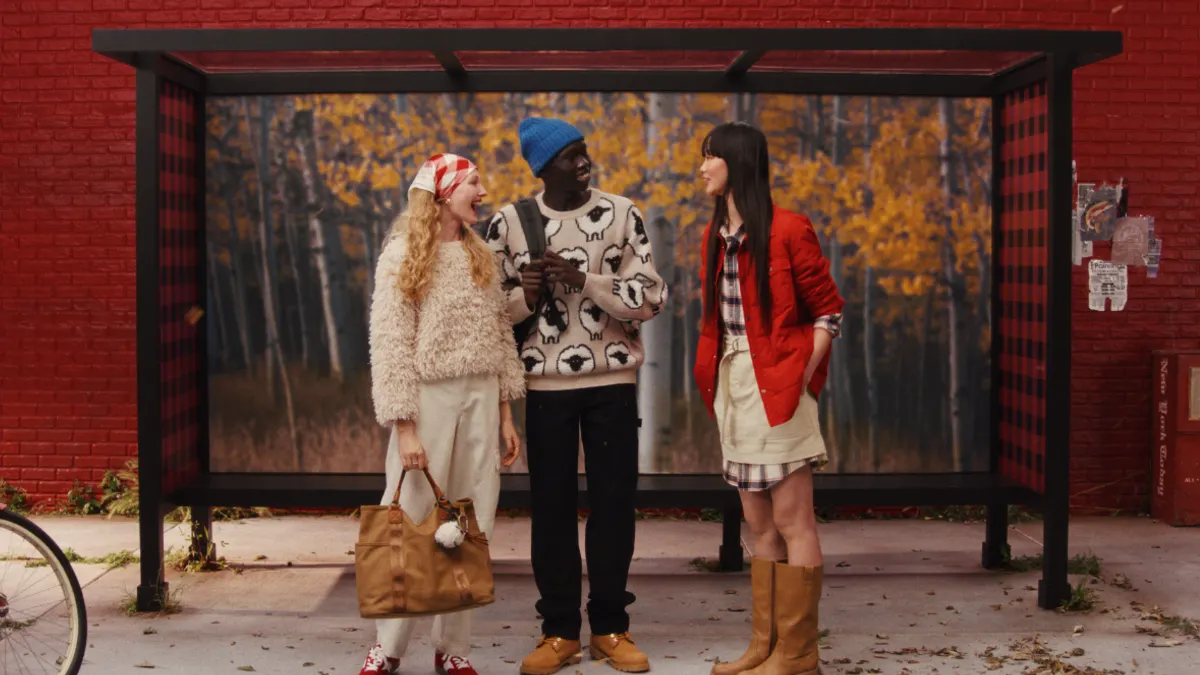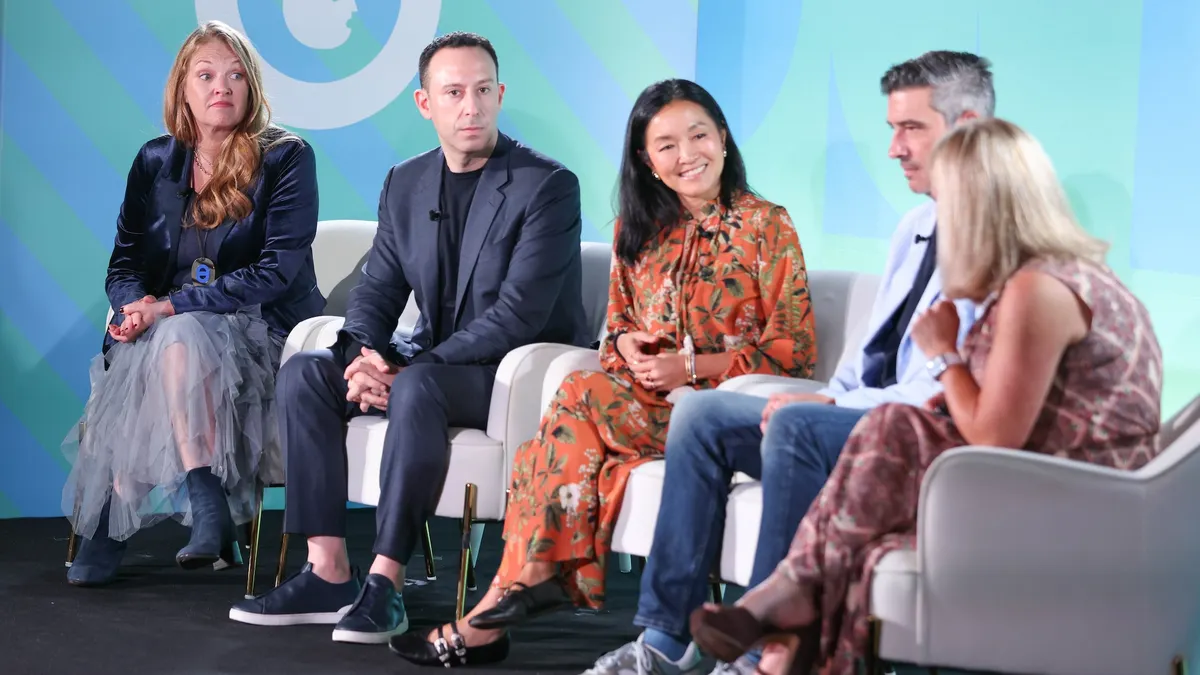AUSTIN, TEXAS — As corporate social responsibility grows from a small portion of business strategy to a key pillar of purpose-driven marketing, the ways brands position themselves to support social issues is taking on greater importance and urgency than ever before.
From Bumble's campaign around women's empowerment to Stella Artois' water-conservation focus, marketers across numerous categories are tapping into consumers' growing interest in supporting socially conscious brands. In fact, 90% of millennials will switch to a brand they believe is more socially responsible than a competitor, said Beam Impact Inc.'s CEO Viveka Hulyalkar, during a March 9 panel at the South By Southwest conference in Austin, Texas.
Part of what's driving the growth and interest in corporate social responsibility (CSR) is modern technology that connects people around the globe. Immersed in a constant flow of information online and on social media, consumers are digitally native, socially conscious and more aware of how voting with their dollars can get their voice heard, Hulyalkar said.
"We live in a more connected world. It's so much easier to understand social problems that are happening because we have access to information and we can feel the things that are happening around the world," she said. "There's also an expectation for brands to step up and fulfill a social need."
Brandless, the buzzy direct-to-consumer "anti-brand," works to fulfill a social need by donating one meal to the Feeding America nonprofit for every purchase. On the third of every month, dubbed Brandless Day, the company will give an additional three meals to the nonprofit at no cost to the customer.
"Today, brands are making it easier than ever to give back and be part of a movement," Helena Hounsel, social media manager at Brandless, said during the panel.
"It's really about focus and clarity. Brands miss out when they try to be everything to everybody."

Marcus Byrd
Director of marketing, Dos Toros Taqueria
Tying Brandless' efforts to a particular day on the calendar helps to build a community and amplify the social impact, as some repeat customers hold off on completing a transaction until the third of the month, Hounsel said. Using social media to then nurture those relationships and ask followers to share how they give back rallies a community around the brand in a way that's not overtly promotional.
"Social is all about the power of sharing. Social is such an amplification tool of not just your impact that you're making but it's giving your community that amplification tool to tell your story for you," Hounsel said. "Your community is your biggest asset. I think incorporating them into everything you do will help you do even more."
Looking internally
Before a brand can amplify its impact on social media or build a community around a particular issue, narrowing in on defining a social mission is key to a successful CSR program, the panelists said.
"It's really about focus and clarity," Dos Toros Taqueria's Director of Marketing Marcus Byrd said. "Brands miss out when they try to be everything to everybody. When you have a clear focus it allows you to dive deeper and unlock some of the key things to a program. When you're working with 50 different charities, it's hard to see how they can all really integrate with the fiber of your company. But when you only have 4, you can actually do more with less."
In addition to donating more than 100,000 meals to a local food bank in New York, Dos Toros partners with GOSO, short for Getting Out and Staying Out, to employ formerly incarcerated people. The program, which focuses on education, emotional well-being and employment, speaks to how Dos Toros integrates CSR into its everyday operations, with actions that "reflect the fiber" company, per Byrd, and serve as more than a phony brand promotion. Dos Toros looks within its company walls to build the foundation for its CSR program, transforming 500 employees into brand ambassadors, a blossoming marketing trend across industries.
"When you can unlock [your employees] and build that strong affinity for the brand that's deeper than your surface level transaction, that's when I think you can start to win and build yourself into being a lifestyle brand," Byrd said. "I think what brands want these days is for people to not only consume their product but consume their culture. To unlock that through CSR is a big piece of that."
"Everything you do for social impact doesn't necessarily have to drive revenue. Sometimes it's OK, especially in this climate, to just spread kindness or love or positivity."

Helena Hounsel
Social media manager, Brandless
Nike is the company at the tip of everyone's tongue right now in regard to CSR and purpose-driven marketing after last fall's controversial Colin Kaepernick ad campaign, Byrd said during the panel. However, what's largely been forgotten is news from years ago around Nike's former use of sweatshop and child labor, he added.
"Now, for Nike's last three or four campaigns, they're not even selling a product. They're selling this sense of feeling, and I think that shift is really powerful," Byrd said.
In marketing, quality CSR programs go beyond the bottom line of driving sales and painting the brand in a positive light. By focusing on building strategies to support causes that reflect a brand's values, marketers can nurture deeper connections with customers and build loyal communities.
"Everything you do for social impact doesn't necessarily have to drive revenue. Sometimes it's OK, especially in this climate, to just spread kindness or love or positivity. I swear to you that's how you build communities, that's how you build brands," Hounsel said. "When you know what you stand for and you know what impact you want to make, you're able to create a better dialogue."



